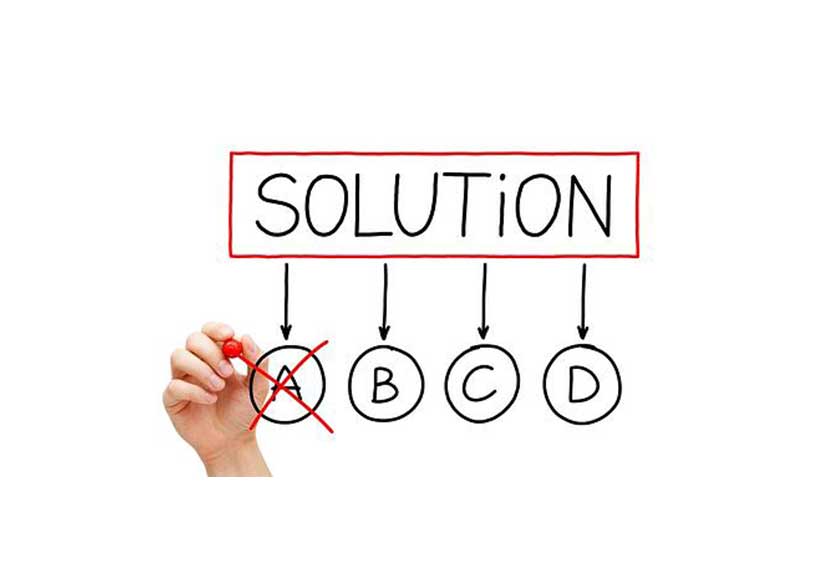Hospitals and Integrated Delivery Networks (IDNs) have been deploying mobile cart systems to bring technology to the patient bedside for more than a decade. Through this shared, instructive experience, healthcare organizations and mobile cart manufacturers have more closely aligned expectations with needs. For instance, providers recognize that ‘one-size’ does not fit all and customization matters, while many manufacturers have adapted and enhanced their offerings. This brings us to the next topic in our five-part series:
Customization: Designed for medium-to-large sized medical groups, hospitals and integrated delivery networks (IDN), Epic software is used by the world’s most respected healthcare organizations. With their individualized areas of specialty care and focused expertise, needs vary within these diverse organizations. As a result, each discipline and department is likely to have very distinct mobile cart requirements.
Most established manufacturers offer a line of carts with the same basic standard features. However, there are notable differences in each manufacturer’s ability to customize their products. This is evident primarily in the manufacturer’s operational capabilities and the material selected to construct their hardware. Plastic is a common component of mobile cart systems, and while it is generally sturdy and lightweight, it is also expensive to retool and hence limits customization. On the other hand, manufacturers who use metal construction and have engineering expertise are able to offer one-of-a-kind solutions without charging a premium.
As computing technology continues its rapid evolution, mobile cart manufacturers need to keep pace with state-of-the-art solutions that accommodate these changes. Your manufacturer of choice should be able to handle custom mounts for new monitors, tablets, PCs, bar code scanners and other types of scanners, printers, sign-on readers, and other devices.
Health systems installing Epic often require a standard model for their carts along with a wide array of features and custom mounts to meet each department’s specific requirements. For powered mobile carts, some manufacturers use a scalable power system that supports different levels of battery capacity power depending on each department’s usage.
Highly scalable solutions offering flexible customization will provide a more effective mobile cart system at a lower price point — giving health systems precisely what they need, where and when they need it.
Check out Part 1 of this series and be sure to subscribe to our blog to get updates when they go live.

